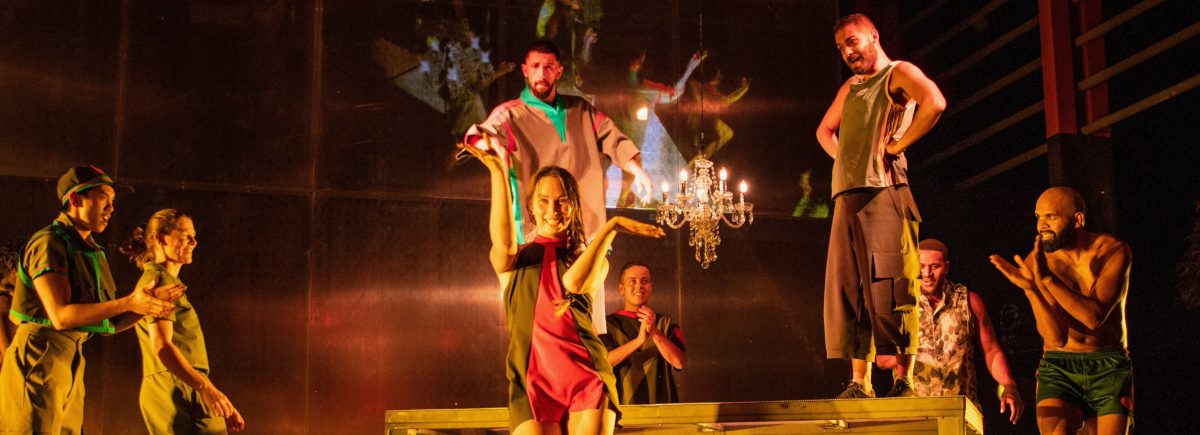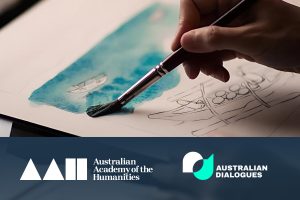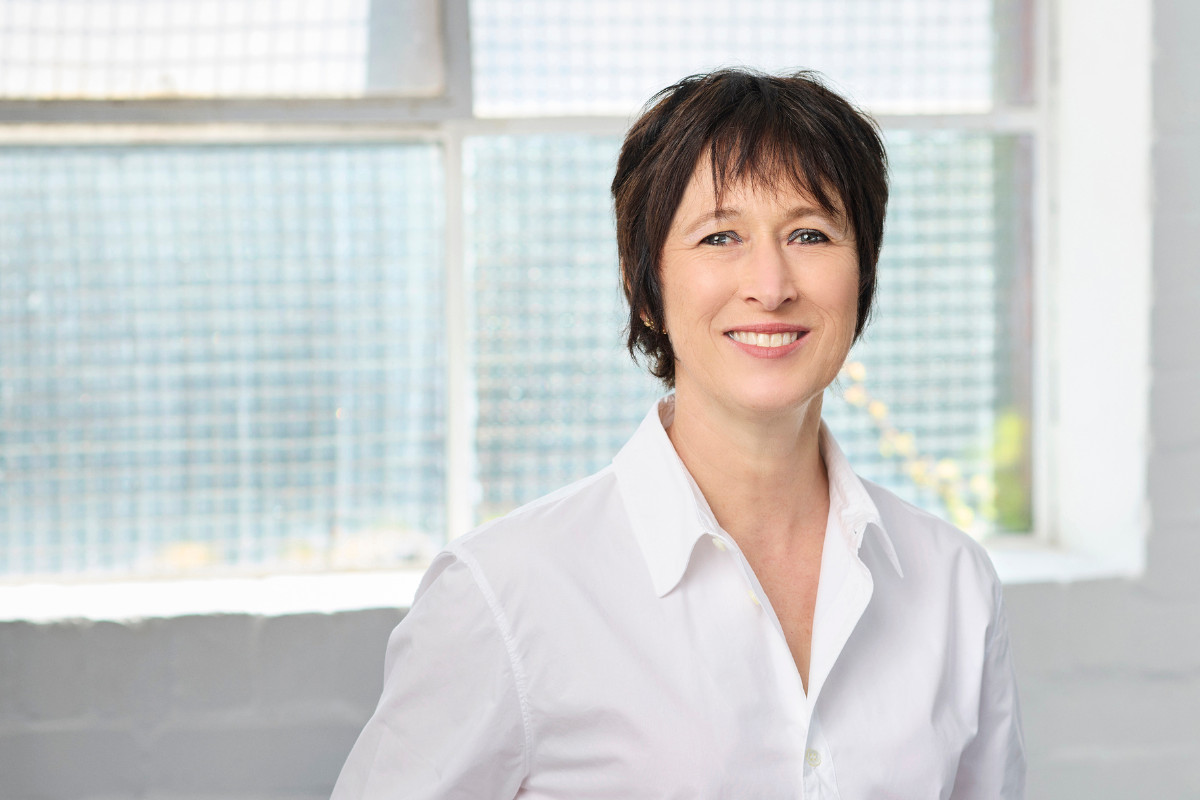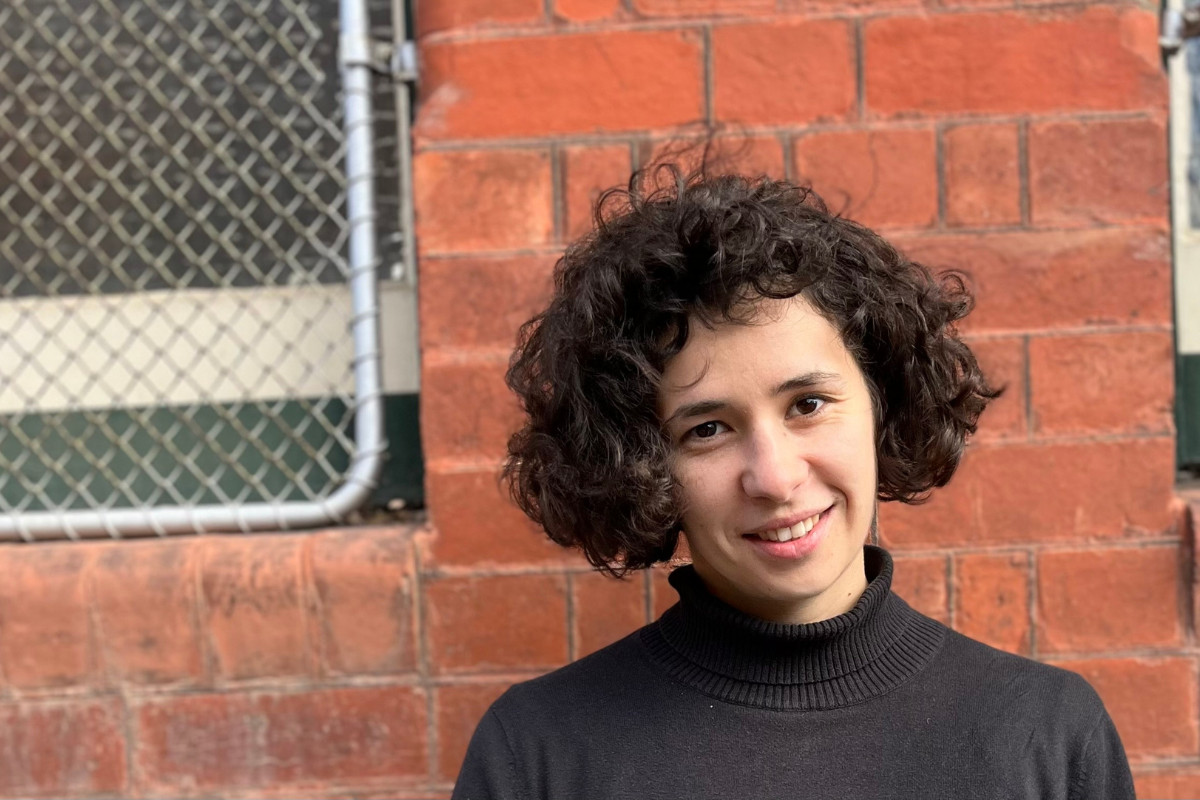
We are living in an era of crises where we are not encouraged to hold more than one thought in our heads at a time, and where civil society might even be under threat. What we need now more than ever, is a space in which we can consider deeply and carefully a multiplicity of perspectives. A space where we are encouraged not to resolve things but to understand the importance of complexity. This is where theatre comes in. I argue that the value of theatre and performance lies in its capacity to present ideas without any desire for resolution or simplification. Through its imaginative storytelling—visually, aurally and performatively—theatre invites its spectators into new worlds where they can experience the unpredictable, the unimaginable and the profound. It is an urgent, indispensable art form that returns this necessary complexity to life.
The best work invites us as spectators and as citizens to ask questions, to sit with ambiguity and ambivalence, to be productively unsettled. Theatre is not a bastion of righting wrongs; rather it is a space of imaginative thinking, of contestation, debate and consideration, a space that moves us beyond our everyday concerns, and questions our sense of certainty about the world. The Broome-based Indigenous Intercultural company, Marrugeku, is an excellent example of this kind of performance. The company’s work is informed by their commitment to equity and education in the wider community.
Their performances ask difficult questions about what kind of society we are and what kind of society we would like to be. What it means to be a citizen of Australia, and what it takes to treat other people with dignity and respect.
Marrugeku & art that defies classification
Marrugeku tours the world and participates in large international theatre and performance festivals, but they also have a deep commitment to extending their work beyond the stage. To equity and education. To ensuring that it can be seen and engaged with by a range of audiences. To take their performances to audiences in regional and remote communities and to people who may not ordinarily go to the theatre. Marrugeku engage in outreach, community discussions and workshops to make sure the work is accessible so that it can speak to myriad communities, and those audiences can speak back to it.
A recent example is their production of Jurrungu Ngan-ga, which could be defined as a multimedia dance performance work but is much more sophisticated than this definition suggests. It combines a range of dance styles from contemporary to classical, live video feed projected onto a large screen, multiple lighting and sound states that frame the different scenes and a complex set of stories, shared in fragments with images and movement. Together the performance reveals the ways in which Australia, as a nation, deals with some of its most vulnerable people.
Jurrungu Ngan-ga refuses classification. It will not settle as one type of performance or another. Its energy, imaginative dramaturgy and mixed modes of telling make it a powerful and productively unsettling work for spectators. The focus of the work is on “perspectives on incarceration shared with Marrugeku by Yawuru leader Patrick Dodson, Iranian-Australian scholar-activist Omid Tofighian as well as Kurdish-Iranian writer and former Manus Island detainee Behrouz Boochani. Dodson, Tofighian and Boochani also worked on Jurrungu Ngan-ga as cultural dramaturgs. The performance was choreographed by Dalisa Pigram with the dancers and directed by Rachael Swain. The set was designed by West Australian visual artist Abdul-Rahman Abdullah. The performance draws on the Yawuru idea of ‘straight talking’ as well as three key texts to inform its story. There is the documentary ‘Australia’s Shame’ which exposes the chronic abuse of young detainees at the Don Dale detention centre in Australia’s Northern Territory. There is Boochani’s No Friend but the Mountains: Writing from Manus Prison written in collaboration with Tofighian. And Ursula Le Guin’s 1973 short story ‘The ones who walk away from Omelas’. Drawing on these texts, Pigram and Swain engaged in an improvisational process with the co-devising performers and drawing on the performers’ personal and community experiences as well as a range of performance languages to create the work’s content. This was further shaped by the dramaturg Hildegard de Vuyst and the cultural dramaturgs along with the choreographer and director.
An urgent call
Jurrungu Ngan-ga generates an urgent call for spectators to listen slowly and carefully so that we can hear voices and stories that are marginalised and silenced in our community. Voices and stories of those who are moved into dark spaces of confinement, who are rendered invisible or mute through systems of power that serve the ongoing fear of the other and a brutal neo-colonial mindset.
Indeed, the performance also demands that we, as Australian citizens, reflect on our own position in and responsibilities for this context. It is worth noting that along with the appeals to us to consider those who are mistreated and abused because of State violence, each performance ends with an announcement inviting the spectators to take direct action in supporting local causes that fight oppression. There are QR codes in the foyer that link to a range of organisations people can join or assist to do something tangible to change the status quo.
This is a work of political testimony in which the dancers respond to a range of oppressive contexts by calling out and celebrating difference, triumph and refusal in the face of attempts to continually surveil, control and silence them. The performance is at times defiant, at others playful and joyous and sometimes deeply troubling. The significance of the work lies in its uncovering of a series of stories of those who are variously oppressed, rendered invisible and subjugated through acts of state violence, racism and sexism and in its call to arms to spectators to think, feel and ultimately to act to effect change when they leave the theatre.
Join us at our upcoming event
 A Big Dialogue: The State of the Arts in The Lucky Country?
A Big Dialogue: The State of the Arts in The Lucky Country?
Why bother, who cares?
This in-depth, long-form, enlightening discussion will probe issues about funding, governance, and sustainability for the Arts sector in Australia. Australian Dialogues work by putting different points of view in conversation with one another.
When: Wednesday 13 November, 5.30-7.30pm
Where: Louie Louie, Verity Lane Market, Canberra
Price: $20 – $65 per ticket (concessions available). Register here.



